人教版新目标初中英语八年级下册If you go to the party, you’ll have a great time教案2篇
-
- 页数:25页
- 字数:约 27906 字
- 大小:200.00KB
- 格式:.doc
- 版本:Office2016及以上版本
- 作者:喵小萌设计
If you go to the party, you’ll have a great time教案2篇
If you go to the party,you’ll have a great time!教案一
Language goals:
* Talk about consequence.
* Learn to make decision.Function学习因果关系的表达和做出合理的建议。
Target Language
*If you go to the party, you will have a great time.
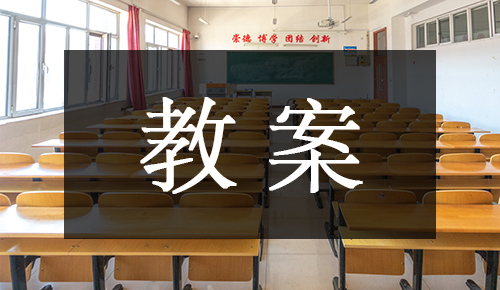
* If you do, you will be late.
* What will happen if they have the party tomorrow.
* If I dont clean my room, my mother wont let me meet my friends.
* I am going to the school party.
* You should wear your cool pants.Structures☆ present progressive as future : be going to, will, be doing
☆ modal should
☆First conditional if_+ will
If you go to the party, you will have a great time.(if 引导的条件状语从句,其结构为:if +状语从句,+主句)。要注意在状语从句中有一个规则是"主将从现",即主句是将来时,则从句要用一般现在时表示将来。
Key Vocabulary/ Key Phrases
课标词汇:flower, against, chance, tonight, window, explain, improve
短语:let in/ help sb do sth/ at the party/ bring from/ during the party/ take it away/travel around the world/ make a lot of money/get an education/ go to college/make a living/ all over the world/ give to/ seem like/ real friends/ join the team/ work with children/ organize the party
学习策略
运用scanning & deducing的学习策略,引导学生用If引导的条件状语从句来谈论事件之间的因果关系,并分析得出处理决定,或给出解决的意见。从而培养听力,口语交际及逻辑判断的能力。Recycling复习相关的词汇:
Take the bus, go to college, stay at home, ride my bike, ice cream, happy, famous
复习相关的句子:
---you should wear your cool pants
---I am going to the party
教学建议
本单元分为五课时完成,逐步深入,完成教学任务。
The first period:(Section A 1a -grammar focus.)
Step 1 Lead- in
1. Play flash:If you are happy.
2. Key language:
*I f you are happy, what will you do?
If I am happy, I will smile.
*What will happen if you become sad?
If I become sad, I will cry.
*What will happen if you are going to do too much work?
If I am going to do too much work, I will get tired.If you do,Step 2 listening1b.
1. ask the students to look at the pictures and tell what they see.
2. play the tape and ask students to finish 1A
3. Check the answers.statements consequences
I think Im going to the party with Karen and Ann.
If you are going to the party with Karen and Ann,If you do,
you will have a great time.
I think Im going to wear jeans to the party.
I f you do, the teachers wont let you in.
I think Im going to take the bus to the party.
I f you do, youll be late.
I think Im going to stay at home.
I f you do, you will be sorry.
Step 3 Pairwork
Look at the picture above and make a conversation,,
Key language:
A: I think I am going to stay at home.
B: If you do , you will be sorry.
A: really?.
B: Yes, you should go to the party with me.
Step 5 listening 2a & 2b.
1. Point to the six phrases. And read them.
2. Play the recording for the first time. Students only listen.
3. Listen again and number the phrases in the order.
4. Read the questions about the party.
5. Listen again. Finish 2B
6. Check the answers.
Step 6 Groupwork
1. Ask students to work in groups. They are required to make a plan for the spring travel. Discuss and decide where are they going, when are they going, and how will they get there. Then give reasons.
Practice the dialogues with the target language:
A: I want to have a spring travel, will you help me to organize it?
B: when shall we have it?
A: How about tomorrow?
B: If you do, half the class wont come.
2. Ask several groups to show their plan to the class.......Step 7 Grammar focus.
To study grammar focus.
First conditional if+ will
The Second Period (3a-4 )
Before class: Ask students to collect some rules of public and translate them into English in groups.
Step 1 Lead in
let students to show class what they do , and ask several groups to give class a report.
Step 2 Reading 3a.
1. read the passage。
2. Fill in the blanks in the dialogue.
Step 4 Pairwork
1. Look at the rules in 3a and make other conversation.
2. Role change.
Key language:
A:I am going to the school party.
B:Me too. Lets bring some snacks.
A:We cant do that!B:Why?A:If we bring snacks, the teacher will
Step 5 Writing
Ask students to make rules for an English club
English Club
I want you to remember the rules for our English Club.
The Third Period (section B 1 -2c )
Step 1Groupwork
Read and explain the phrases to the class, ask students to discuss what is the most important to them in life and give the reason.
Target language:
What is the most important to you in life?
I think go to college is the most important.Why?If I go to the college, I will get a good job.
Step 2listening
1. Point to the six phrases. And read them.
2. Play the recording for the first time. Students only listen.
3. Listen again and complete the sentence.
4. Check the answers.
Step 3. Pairwork
1.Role play: Student A is Michael in activity 2a. Student B is a friend. Give Michael advice.
Target language :
A: I think you should go to college.
B: but if I go to the college, Ill never become a great soccer player.2. WritingDo you think Michael decided to become a soccer player? complete this letter from Michaelto the soccer team agent Mr.Brown. Decide id he join the LIONS or not.
Dear Mr. Brown,
I have decide that I (will/wont) join the Lions. If I join the team,
Sincerely
The Fourth Period (3a-4)
Step 1 lead-in
Bring some pictures of some well-know people, ask students the questions below:
? Who do you admire?
? Who is he(she)?
? Are you going to become a(an) ...like him(her)? Why ?
? If I become(an) ..., I will
Step 2Reading
1. Ask students to read the passage and answer the questions teacher asked.
2. read the passage again and complete the chart.
Reasons for becoming a professional athlete
Reasons against becoming a professional athleteStep3 Writing
1. Ask students to write about their own plan in ten years using sentence with "if" and "will". A example is given.Example My own plan
I think I will be a teacher in ten years. If I become a teacher, I will work with children. I love children so I will be happy. I will also be able to work outside sometimes. But I wont be famous.
1. Ask several students to read their plan to the class.
If you go to the party,you’ll have a great time!教案二
科目
英语
年级
初二下
班级
时间
年月日
课题
Unit5. If you go to the party, you’ll have a great time!1
(知识能力品德)
教学目标
Title: If you go to the party, you’ll have a great time!
Topic: Decision; Making
Functions: Talk about consequences
Structures: First conditional if+will
Present progressive as future
Modal should
(重点难点)
教材分析
Target language:
I’m going to the dance with Ann.
If you do, you’ll have a great time.
Are you going to the party?
Vocabulary:
Jeans, organize, take away, clean-up, flower, agent, professional, make a living, against,
板书
设计
示意
框图
Unit5. If you go to the party, you’ll have a great time!
I’m going to the dance with Ann.
If you do, you’ll have a great time.
Are you going to the party?
Vocabulary:
Jeans, organize, take away, clean-up, flower, agent, professional, make a living, against,
时序
教学操作过程设计(重点写怎么教及学法指导,含课练,作业安排)
Step1. 复习一般将来时的用法:
shall用于第一人称,常被will 所代替。
will 在陈述句中用于各人称,在争求意见时常用于第二人称。
Which paragraph shall I read first.
Will you be at home at seven this evening?
be going to +不定式,表示将来。
a. 主语的意图,即将做某事。
What are you going to do tomorrow?
b. 计划,安排要发生的事。
The play is going to be produced next month。
c. 有迹象要发生的事
Look at the dark clouds, there is going to be a storm.
be +不定式表将来,按计划或正式安排将发生的事。
We are to discuss the report next Saturday.
be about to +不定式,意为马上做某事。
He is about to leave for Beijing.
注意:be about to 不能与tomorrow, next week 等表示明确将来时的时间状语连用。
Step2. 一般将来时表达的意义就是:主语将要发生的动作或者存在的状态。一般将来时的基本知识:
一般将来时的构成形式很多,举两个例子:
Jenny will have a birthday party tonight. 今晚詹妮将举行生日晚会。
I will do my homework in the evening. 我将在晚上做作业。
接下来谈"will +动词原形"构成一般将来时的句型变化:变否定句时在will 的后面直接加not;变一般疑问句时直接把will提前;肯定和否定答语分别是:Yes, 主语 +will;No, 主语 +will not(=wont)。如:
Bob will go shopping with his mum in the afternoon.
→Bob will not(=wont) go shopping with his mum in the afternoon.
→Will Bob go shopping with his mum in the afternoon?
Yes, he will. / No, he wont.
需要指出的是:go和come这些表示位置移动的单词,也常用它们的现在进行时表达将来的意义。如:
My aunt will come to my birthday party tonight.
= My aunt is coming to my birthday party tonight.
Step 3. Homework:
Copy and remember the new words learned in class.
Listen and red after the tape.
Finish the exercises in students’ book.
教学后记
培养学生运用if 引导的条件状语从句谈论事情的后果或影响的能力。
科目
英语
年级
初二下
班级
时间
年 月 日
课题
Unit5. If you go to the party, you’ll have a great time!2
(知识能力品德)
教学目标
Topic: Decision; Making
Functions: Talk about consequences
Structures: First conditional if+will
Present progressive as future
Modal should
Learning Strategies: Scanning; Deducing
(重点难点)
教材分析
Target language:
Yes, I am. I’m going to wear my jeans. You should wear your cool pants.
I think I’m going to stay at home.
If you do, you’ll be sorry.
all the time, injured, sincerely, lawyer, tonight, mobile, window, dining, consequence,
in order to, improve, following, take the bus, tonight, go to college, stay at home,
板书
设计
示意
框图
Unit5. If you go to the party, you’ll have a great time!
Yes, I am. I’m going to wear my jeans. You should wear your cool pants.
I think I’m going to stay at home.
If you do, you’ll be sorry.
all the time, injured, sincerely, lawyer, tonight, mobile, window, dining, consequence,
in order to, improve, following, take the bus, tonight, go to college, stay at home,
时序
教学操作过程设计(重点写怎么教及学法指导,含课练,作业安排)
Step 1. Look at the pictures. Then match the statements and responses.
_______ 1.If I study hardera.he will be late for work.
_______2.If she doesn’t do herb.he has to see the doctor.
homework quickly
_______3.If he can’t catch the bus c.I’ll pass the exam.
_______4.If he doesn’t feel better d.she won’t finish it.
_______5.If Lucy tidies her room every day e.it won’t be so dirty.
Step2. Complete the sentences according to your own ideas.
If I don’t finish my homework,____________________.
If I eat too much lunch,____________________.
If I get up late tomorrow,____________________.
If I have a chance to visit China,____________________.
If I can be a teacher one day,____________________.
If I watch TV too much,____________________.
If I can find a job during the holiday,____________________.
If I don’t know how to swim,____________________.
Step3. 一般将来时的用法:
1.一般将来时主要表示将来发生的动作或情况,常与tomorrow, tonight, next week, in the future, in half an hour/two hours等状语连用,也可以和when, while引导的状语从句连用。
I will finish my homework in fifteen minutes. There is going to be an exciting film tonight. I will give him the message as soon as I arrive home. While people may refer to television for up-to-the-minute news, it is unlikely the television ____the newspaper completely.
A) replaced
B) replace
C) has replaced
D) will replace
本句是对未来情况的推测,与while引导的状语从句连用,用一般将来时,所以答案为D。
2. 祈使句后用and或or连接的并列分句中,谓语动词常用一般将来时。
Turn on the television or open a magazine and you ____advertisements showing happy, balanced families.(CET-4 1995,6)
A) are often seeing
B) often see
C) will often see
D) have often seen
祈使句后用and或or连接的并列分句中,谓语动词常用一般将来时。故答案为 D.3)一般将来时也可以用be about to/be to do来表示不久将要发生的动作。
I am to go to Beijing to visit the Summer Palace tomorrow if it doesnt rain.
School is about to start in five minutes.
Step4. Homework:
Copy and remember the new words learned in class.
Make conversations according to what they learned in the class.
Read and recite the conversations.
Revise the grammar their learned in class and make it clear.
教学后记
科目
英语
年级
初二下
班级
时间
年 月 日
课题
Unit5. If you go to the party, you’ll have a great time!3
(知识能力品德)
教学目标
Functions: Talk about consequences
Structures: First conditional if+will
Present progressive as future
Modal should
Learning Strategies: Scanning; Deducing
Language Goal: talk about consequences
(重点难点)
教材分析
Target language:
I think I’m going to stay at home.
If you do, you’ll be sorry.
When is a good time to have the party?
Let’s have it today.
If we have it today, half the class won’t come.
板书
设计
示意
框图
Unit5. If you go to the party, you’ll have a great time!
I think I’m going to stay at home.
If you do, you’ll be sorry.
When is a good time to have the party?
Let’s have it today.
If we have it today, half the class won’t come.
时序
教学操作过程设计(重点写怎么教及学法指导,含课练,作业安排)
新授:条件状语从句
条件状语从句通常由连词if引导,意为“如果;假如”。例如:
If you fall into the water and cant swim, they may come up to help you.
时态的运用
在条件状语从句中,主句和从句之间的时态要保持一致,具体情况如下:
1. 当主句和从句的谓语动词都是单纯陈述过去的事情时,主句和从句都可用一般过去时。例如:
When my father was ten years old, the World Cup was in Sweden.
2. 当主句和从句所表达的动作基本同时发生或表示客观事实时,主句和从句都可以用一般现在时。例如:
When they walk, Cody walks.
3. 当主句的谓语动词是want, wish,hope等时,从句通常用一般现在时。例如:
Do you want to be a policeman when you grow up?
4. 当主句是一般将来时、一般现在时(包括祈使句和含有情态动词can, may, must等),上述两种情况中状语从句必须用一般现在时。例如:
What are you going to do after you leave school?
Be careful when you cross the road.
You must see the doctor if you are ill.
连接词主要有 if, unless, as/so long as, on condition that 等。.
if 引导的条件句有真实条件句和非真实条件句两种。非真实条件句已在虚拟语气中阐述。
unless = if not.
Lets go out for a walk unless you are too tired.
If you are not too tied, lets go out for a walk.
典型例题
You will be late ___ you leave immediately.
A. unless B. until C. if D. or
答案A。句意:除非你立即走,否则你就回迟到的。可转化为 If you dong leave immediately, you will be late.B、D句意不对,or表转折,句子如为 You leave immediately or you will be late.
Complete the sentences:
1.You mustn’t be late if you __________ (赶上早班车).
2.I’ll tell him about it when __________(他来看我).
3.Don’t talk to me when __________(我在做作业).
4.You must read it again before you __________ (做这道练习题).
5.He goes out to play football every day after he __________ (吃完晚饭).
Homework:
Copy and remember the new words learned in class.
Revise the grammar their learned in class and make it clear.
Make conversations with their partner.
Translate some sentences into English.
Make a role-play according to the conversations learned in the class.
教学后记
科目
英语
年级
初二下
班级
时间
年 月 日
课题
Unit5. If you go to the party, you’ll have a great time!4
(知识能力品德)
教学目标
Title: If you go to the party, you’ll have a great time!
Topic: Decision; Making
Functions: Talk about consequences
Structures: First conditional if+will
Present progressive as future
Modal should
(重点难点)
教材分析
Target language:
I think I’ll ride my bike.
I think I’m going to stay at home.
What will you do if you go to the old people’s home visit?
If I go to that one, I’ll bring them some flowers.
I think you should go to college.
板书
设计
示意
框图
Unit5. If you go to the party, you’ll have a great time!
I think I’ll ride my bike.
I think I’m going to stay at home.
What will you do if you go to the old people’s home visit?
If I go to that one, I’ll bring them some flowers.
I think you should go to college.
时序
教学操作过程设计(重点写怎么教及学法指导,含课练,作业安排)
复习:条件状语从句
条件状语从句通常由连词if引导,意为“如果;假如”。例如:
If you fall into the water and cant swim, they may come up to help you.
时态的运用
在时间状语从句和条件状语从句中,主句和从句之间的时态要保持一致,具体情况如下:
1. 当主句和从句的谓语动词都是单纯陈述过去的事情时,主句和从句都可用一般过去时。例如:
When my father was ten years old, the World Cup was in Sweden.
2. 当主句和从句所表达的动作基本同时发生或表示客观事实时,主句和从句都可以用一般现在时。例如:
When they walk, Cody walks.
3. 当主句的谓语动词是want, wish,hope等时,从句通常用一般现在时。例如:
Do you want to be a policeman when you grow up?
4. 当主句是一般将来时、一般现在时(包括祈使句和含有情态动词can, may, must等),上述两种情况中状语从句必须用一般现在时。例如:
What are you going to do after you leave school?
Be careful when you cross the road.
You must see the doctor if you are ill.
真实条件状语从句与非真实条件状语从句的不同
if既可引导一个真实条件状语从句又可引导一个非真实条件状语从句,二者主要在以下三个方面有所不同:
意义及谓语动词形式不同
如果该条件纯属假设,谓语动词用虚拟语气;有可能实现的条件则使用动词通常的陈述形式:
1.非真实条件状语从句的谓语动词用动词过去式来表示与现在事实相反或难以实现的愿望,主句则用“would+动词原形”;而真实条件状语从句的谓语动词用动词的一般现在时表示一般或未来情形下的条件,主句用一般现在时或将来时。试比较:
If my husband were a woman, he would understand my feelings a bit better. 如果我丈夫是个女人的话,他就会更好一点儿理解我的感情了。(丈夫不可能是女人)
Oil floats if you pour it on water. 如果你把油倒在水上,它就漂浮在上面。(能实现的事实)
2. 非真实条件状语从句的谓语动词用“had+过去分词”表示与过去的事实相反,主句用“would have done”;真实条件状语从句用一般过去时指过去的事实或用于间接引语中(可表示过去将来的情况),主句用一般过去时或过去将来时。试比较:
If I had been a teacher at that time, I would have argued with him. 当时我要是老师的话,就和他争辩了。(事实上当时不是老师)
If Mike was a liar, it was for my sake. 如果麦克曾经是个撒谎的人,那也是为了我。(当时麦克极有可能是撒了谎)
He said he would go there if it was fine the next day. 他说,如果第二天天气好他就去那里。
练习:选择正确答案:
1. These children are going to _________ in Paris next month.
a. are b. is c. go d. be
2. There _________ a football match on TV this afternoon.
a. is going to have b. will have
c. is going to be d. was going to be
3. They wont have a picnic if it _________ next week.
a. rain b. snow c. rains d. will snow
4. I _________ more exercise and eat less food from now on(从现在开始).
a. will do b. am doing
c. do d. is going to 1—4 dcca
教学后记
科目
英语
年级
初二下
班级
时间
年 月 日
课题
Unit5. If you go to the party, you’ll have a great time!5
(知识能力品德)
教学目标
Topic: Decision; Making
Learning Strategies: Scanning; Deducing
Functions: Talk about consequences
Structures: First conditional if+will
Present progressive as future
Modal should
(重点难点)
教材分析
Target language:
When is a good time to have the party?
Let’s have it today.
If we have it today, half the class won’t come.
I think I’ll ride my bike.
I think I’m going to stay at home.
板书
设计
示意
框图
Unit5. If you go to the party, you’ll have a great time!
When is a good time to have the party?
Let’s have it today.
If we have it today, half the class won’t come.
I think I’ll ride my bike.
I think I’m going to stay at home.
时序
教学操作过程设计(重点写怎么教及学法指导,含课练,作业安排)
Step1. 要点总结
一般将来时
1) 由“will / shall +动词原形”构成的一般将来时。系动词am,is,are的原形都是be。如:It will be very hot tomorrow. 明天会非常热。shall适用于第一人称I,we;will适用于所有人称,通常可以用will来代替shall。
will,shall均可以缩写为ll,如I will = Ill;she will = shell
一般将来时的否定句是在will或shall之后加上not。will not可以缩写为wont;而shall not可以缩为成:shant。
2) 与一般将来时连用的时间状语,它们通常是一些表示将来时间的词或词组。例如:
tomorrow (明天)
before long (不久)
the day after tomorrow (后天)
next week (下周)
soon (很快)
in the future (将来)
in three days (三天后)
some day (将来的某一天)
Step2. 真实条件状语从句与非真实条件状语从句的不同
从句所接的情态动词的含义不同
1. if I (we, you, he...) +“ should + 动词原形”或“ were to +动词原形”或动词过去式,表示对将来情况的虚拟假设,即某事不会或不太可能发生,具有较大的试探性。如:
If you should run into Peter, please tell him he owes me a letter. 假如你碰见皮特,告诉他他该给我写信了。
What would you do if war were to break out? 如果战争爆发,你会怎么办?
2. If引导的真实条件状语从句一般很少使用将来时态,但有时也可用情态动词will或would来表示“愿望”(如果……愿意……),甚至可用这种方式提出请求。如:
Itll make me very happy if youll accept it. 如果你愿意收下它我会很高兴的。
If you will wait a moment, Ill go and tell the manager that you are here. 如果你愿意等一会儿,我就会去告诉经理你来了。
If you will hold my bag, Ill open the door (i.e. please hold my bag). 如果你愿意替我拿包,我就开门(即,请替我拿包)。
与其他句型的转换不同
1.非真实条件状语从句中的if可省略,从句可以用倒装语序;而真实条件状语从句一般不可以。如:
If he were my son, I would beat him. 如果他是我的儿子我就打他。→Were he my son, I would beat him. (√)
If you touch me again, Ill call the police. 你再碰我,我就叫警察。→Do you touch me again, Ill call the police. ()
2. 真实条件状语从句可以转换为“祈使句+and +陈述句”,而非真实条件状语从句则不可以。如:
If you touch me again, Ill call the police.→(You) Touch me again and Ill call the police. (√)
3. 真实条件状语从句的否定式可与unless ...转换,而非真实条件状语从句的否定式却不能。如:
If it doesnt rain tomorrow, Ill plant the flowers. 如果明天不下雨,我就把花栽上。→Ill plant the flowers unless it rains tomorrow. (√)
If it hadnt been for you, I would have failed in the exam. 如果不是你的话我就不会通过考试了。→Unless it had been for you, I would have failed in the exam. ()
教学后记
科目
英语
年级
初二下
班级
时间
年 月 日
课题
Unit5. If you go to the party, you’ll have a great time!6
(知识能力品德)
教学目标
Language Goal: talk about consequences
Functions: Talk about consequences
Structures: First conditional if+will
Present progressive as future
Modal should
Learning Strategies: Scanning; Deducing
(重点难点)
教材分析
Vocabulary:
Jeans, organize, take away, clean-up, flower, agent, professional, make a living, against,
Target language:
I’m going to the dance with Ann.
If you do, you’ll have a great time.
板书
设计
示意
框图
Unit5. If you go to the party, you’ll have a great time!
Jeans, organize, take away, clean-up, flower, agent, professional, make a living, against, I’m going to the dance with Ann.
If you do, you’ll have a great time.
时序
教学操作过程设计(重点写怎么教及学法指导,含课练,作业安排)
您可能喜欢的文档
查看更多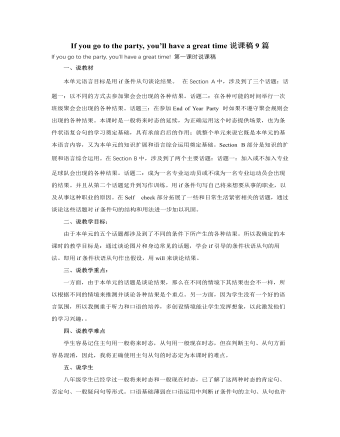
人教版新目标初中英语八年级下册If you go to the party, you’ll have a great time说课稿9篇
- 页数:32页
- |大小:189.50KB
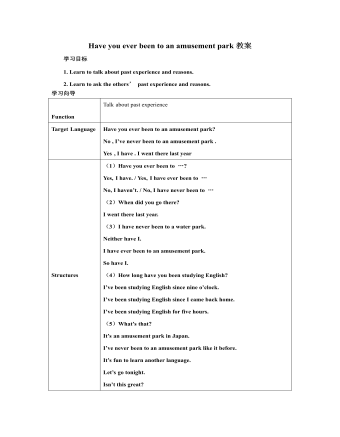
人教版新目标初中英语八年级下册Have you ever been to an amusement park教案
- 页数:10页
- |大小:113.00KB
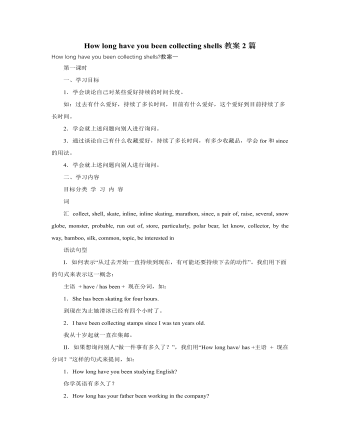
人教版新目标初中英语八年级下册How long have you been collecting shells教案2篇
- 页数:33页
- |大小:183.00KB

人教版新目标初中英语七年级上册Do you want to go to a movie教案
- 页数:14页
- |大小:82.50KB

人教版新目标初中英语七年级上册What time do you go to school教案
- 页数:16页
- |大小:86.50KB
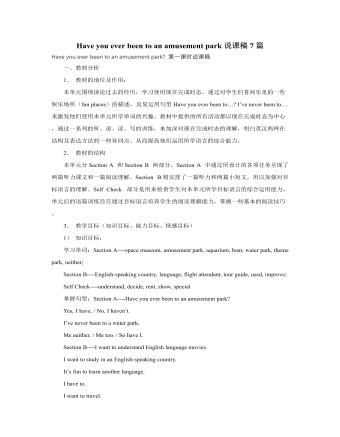
人教版新目标初中英语八年级下册Have you ever been to an amusement park说课稿7篇
- 页数:40页
- |大小:276.00KB

人教版新目标初中英语八年级下册What were you doing when the UFO arrived教案2篇
- 页数:12页
- |大小:106.50KB
热门课件教案
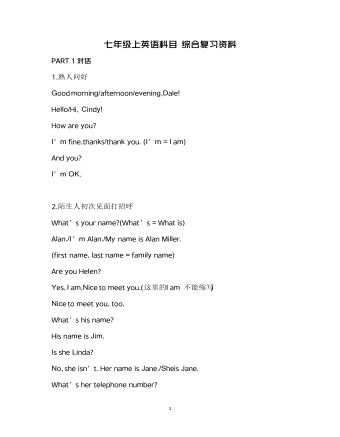
部编版英语七年级上总复习知识点教案
- 页数:19页
- |大小:946.34KB
- 课件教案
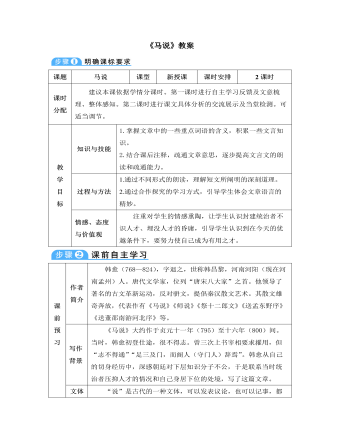
部编版语文八年级下册《马说》教案
- 页数:8页
- |大小:367.50KB
- 课件教案
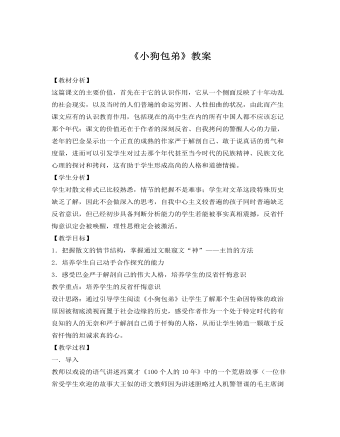
人教版高中语文《小狗包弟》教案
- 页数:8页
- |大小:29.21KB
- 课件教案
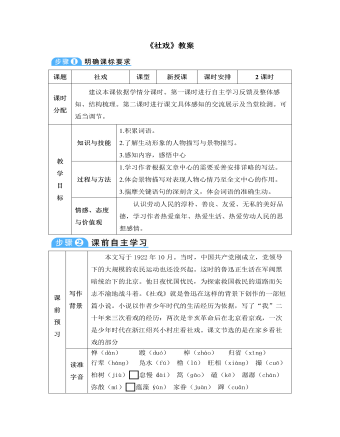
部编版语文八年级下册《社戏》教案
- 页数:8页
- |大小:340.00KB
- 课件教案
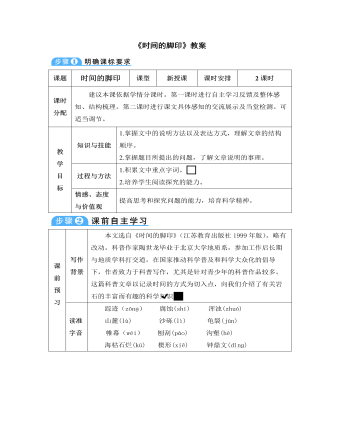
部编版语文八年级下册《时间的脚印》教案
- 页数:4页
- |大小:511.50KB
- 课件教案
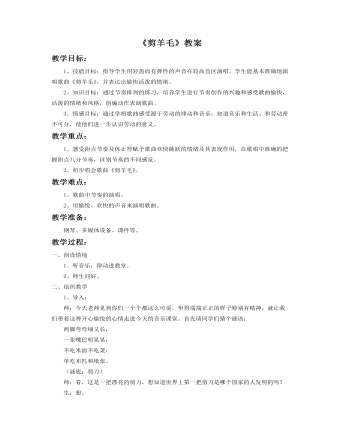
《剪羊毛》教案
- 页数:3页
- |大小:33.50KB
- 课件教案
今日更新
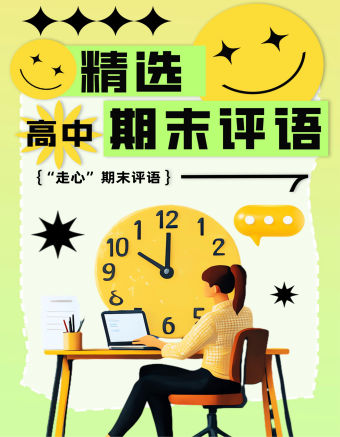
精选高中生期末评语
- 页数:42页
- |大小:7M
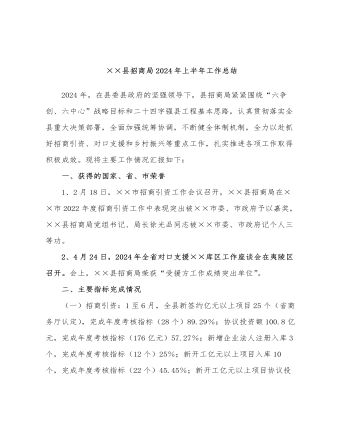
××县招商局2024年上半年工作总结
- 页数:12页
- |大小:142.54KB
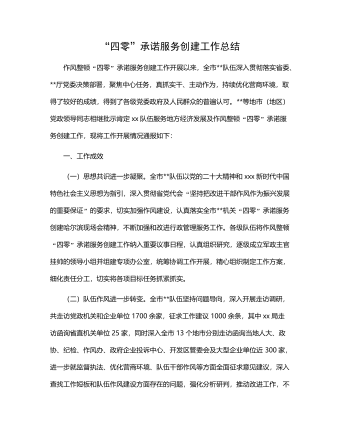
“四零”承诺服务创建工作总结
- 页数:5页
- |大小:39.83KB
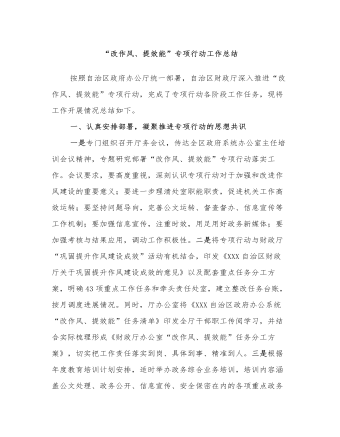
“改作风、提效能”专项行动工作总结
- 页数:6页
- |大小:139.05KB
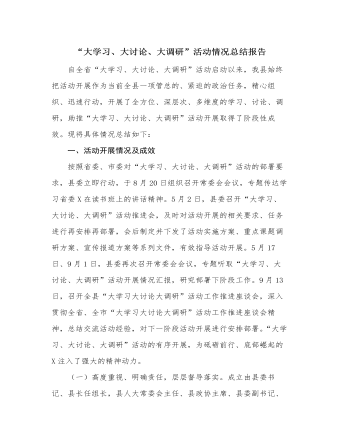
“大学习、大讨论、大调研”活动情况总结报告
- 页数:7页
- |大小:26.12KB
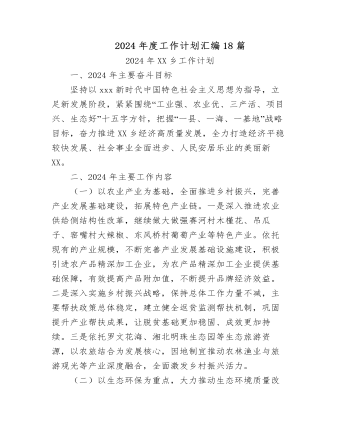
2024年度工作计划汇编(18篇)
- 页数:72页
- |大小:196.93KB





